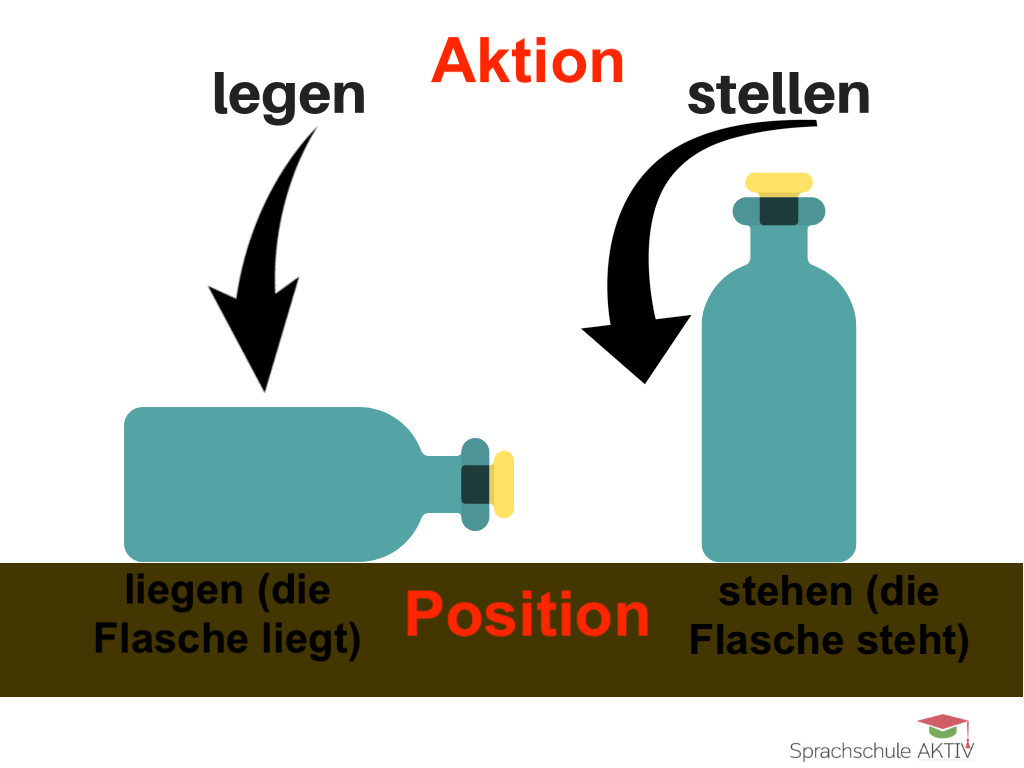Many people who study German don’t know how to pronounce the letter Q correctly in German.
This is due to the different pronunciations of this Latin letter that there are in other languages, such as
- either /kw/ in English (quiz) and in Italian/Portuguese (quando),
- or just /k/ in French (quand) and Spanish (pequeño).
German has a different pronunciation of this letter (written out aus “qu”)!
How to pronounce the letter Q correctly in German
It is pronounced like the combination of the letters /k/ and /v/ one after another: /kv/.
There is no difference either if the “qu” is at the beginning or in the middle of a word nor what vowel follows. It is always pronounced like this in German.
Here are some examples with an approximate transcription of the German pronunciation (using English pronunciation, the bold letter being the accentuated one):
- Quelle (source, wellspring): /kvelluh/
- Qualle (jellyfish): /kvulluh/
- bequem (comfortable): /bukvame/
- Qualität (quality): /kvullitate/
You can listen to the original German pronunciation of these words clicking on each word. On the opening page, scroll down until you see the loudspeaker symbol: ?.
If we transcribed the actual pronunciation of “qu” with German letters, meaning how it is actually pronounced (as if the letter “x” would be written “ks”), then “qu” would be written “kw” (never “ku”).
For example, the word Qualität would be written “Kwalität”.
Nevertheless, the German orthography uses the “old” spelling with the Latin “qu” (this is called etymological spelling).
In other Germanic languages, such as Dutch and Danish/Norwegian/Swedish, they prefer the more modern spelling (called “phonetic spelling”) though. So the word Qualität is spelled and pronounced “kwaliteit” in Dutch and “kvalitet” in Danish/Norwegian/Swedish.
One last curiosity: in the German alphabet we call the letter Q “koo” (only in Austria they call it “kvay”).


